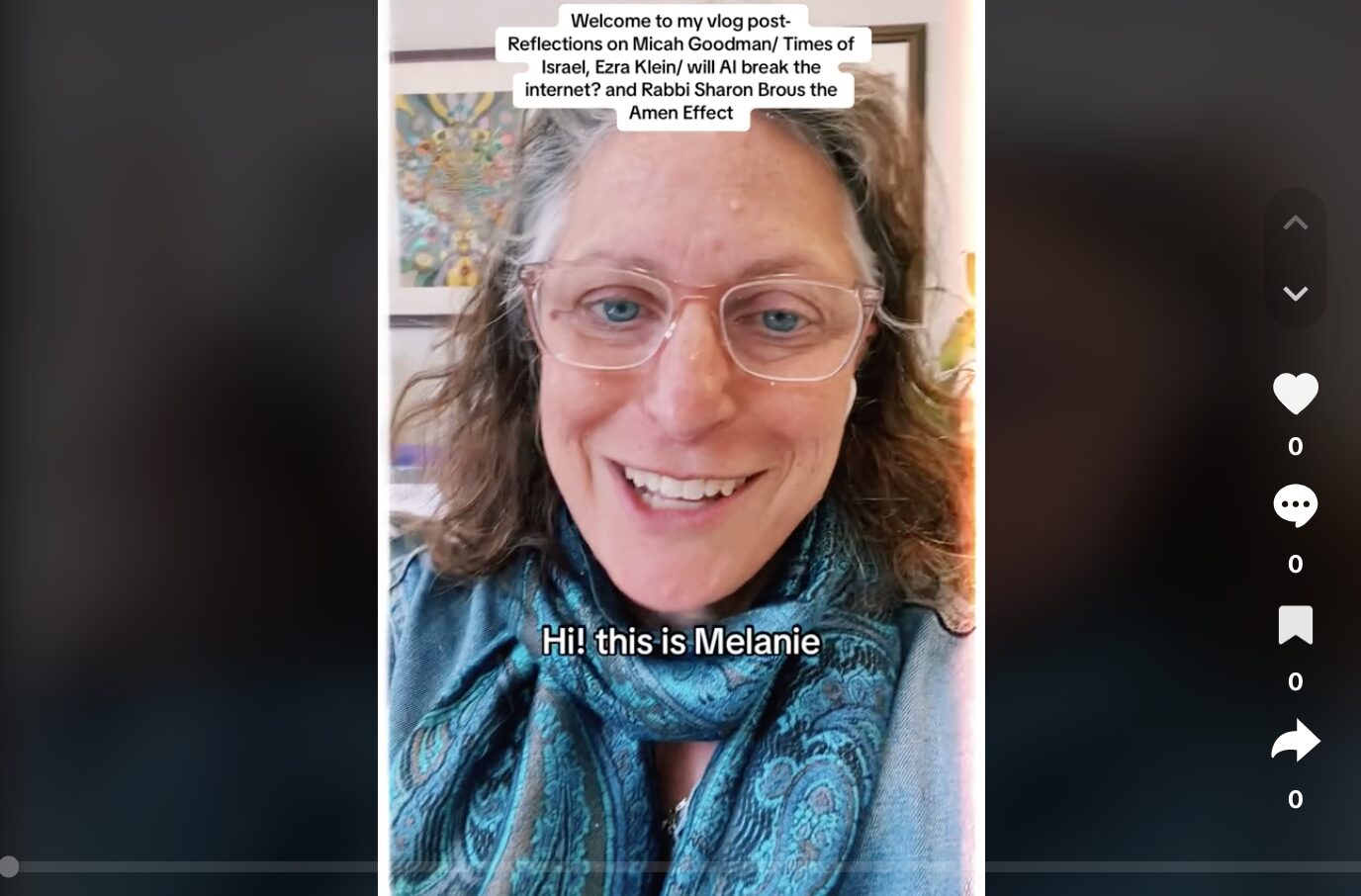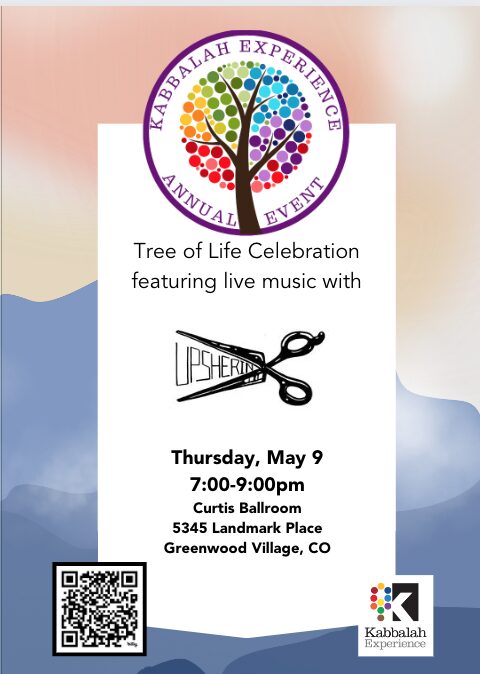The voice synthesizer fell silent, the screen turned black. The vast network of neurons in his brain, much like the stars in the sky at dawn, began to recede from view as Stephen Hawking took his last thought with him beyond the space-time continuum.
The screen reads: ACCEPT REALITY AS IT IS
Hawking, perhaps the person who lived longest with ALS, is one of our exemplars of the third principle of awareness: accept reality as it is. Acceptance does not imply a defeatist or even passive attitude. It is rather acknowledgement that there are life circumstances which require our surrender. Hawking, diagnosed at the young age of 21 (ALS develops more frequently later in life) was given 2 years to live. Had he died according to plan he would not have had to surrender for 55 more years to the indignities of an unresponsive body and we would not have observed the courage of a man who stubbornly willed himself to live in a body many would choose to forego.
At breakfast this morning my (six-year-old) daughter asked: “When did time begin?” and upon further inquiry provided: “Time goes on and on and on, but when does it start?” She was referring to the bigger question that perplexes many physicists and exercised much of Stephen Hawking’s creative genius. A fitting question for a morning thinking about Stephen Hawking.
The principle of accepting reality is particularly connected, in time, with our relationship to the past. In order to be “present” we need to accept the past as is, we cannot change the past (even if Hawking stated that from a quantum mechanics view, “the past is indefinite, and only exists as a spectrum of possibilities”).
What we can do is change our relationship with the past. Sometimes we do this by simply letting go, sometimes by reminiscing or rehashing the past (a hurt that has not gone away still needs to be processed for full acceptance). In this season, as winter turns to spring (here in the northern hemisphere), it is a time to consider our relationship to the past—to do a good “past cleanse” by examining our hurts, resentments, procrastinations, habits and identifications. Symbolically, this is the work of getting rid of those things, food, feelings, and attitudes that clutter and constrict our ability to begin anew. When does time begin? Now.










4 Comments
Andy Selig · March 15, 2018 at 9:36 am
Well said and well written!
Lois Darnell · March 15, 2018 at 9:51 am
I like that . . . what you wrote.
Joe Costello · March 15, 2018 at 11:08 am
David, thank you for such a beautiful message. It’s inspiring that Hawking was able to accept the fact that his mind, his intellect would be the focus of his existence, along with his ability to communicate complex information and concepts in everyday language. If we all could put less focus on the physical ‘us’ and accept the reality of our greater self, we would be so much more fulfilling. It’s that human existence that seems to get in the way.
See you on Monday.
Joe
Anita Khaldy Kehmeier · November 20, 2018 at 4:44 pm
James Neil Hollingworth:
“Courage is not the absence of fear; rather the judgement that something else is more important than fear. The brave may not live forever, but the cautious do not live at all. From now on, you’ll be travelling the road between who you think you are and who you can be. The key is to allow yourself to make the journey.”